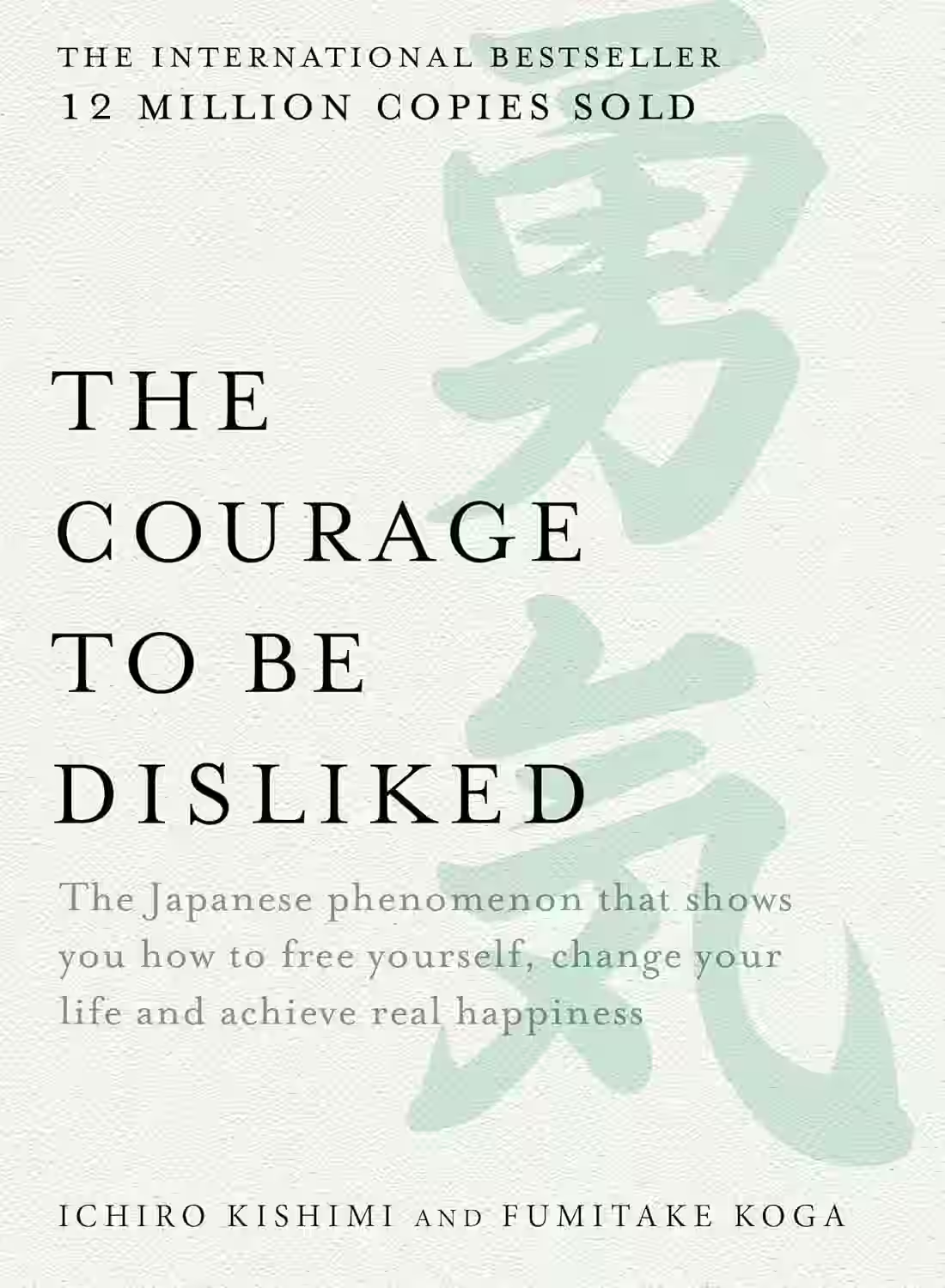
This bestselling Japanese philosophy book presents a dialogue between a philosopher and a young man, exploring ideas based on Alfred Adler's psychology. It argues that happiness lies in the courage to be true to oneself and to reject the need for approval from others. Through a Socratic conversation, it challenges readers to let go of past trauma, take personal responsibility, and live with freedom. The book encourages breaking free from societal expectations and embracing a more purposeful, self-directed life.
About Ichiro Kishimi
A Japanese philosopher and co-author, along with Fumitake Koga, of the international bestseller The Courage to Be Disliked. His work largely draws from the principles of Adlerian psychology, emphasizing the importance of taking responsibility for one's life, overcoming inferiority complexes, and pursuing happiness by focusing on interpersonal relationships rather than external validation. Kishimi's philosophy offers a refreshing perspective on self-acceptance and freedom.
About Fumitake Koga
A Japanese author and journalist, best known as the co-author of the philosophical dialogue The Courage to Be Disliked with Ichiro Kishimi. Through accessible storytelling, Koga helps articulate and popularize complex Adlerian psychological concepts for a broad audience. His writing style makes profound ideas about self-acceptance, social connection, and finding happiness relatable and actionable, contributing significantly to the book's global appeal and impact.
Similar Books
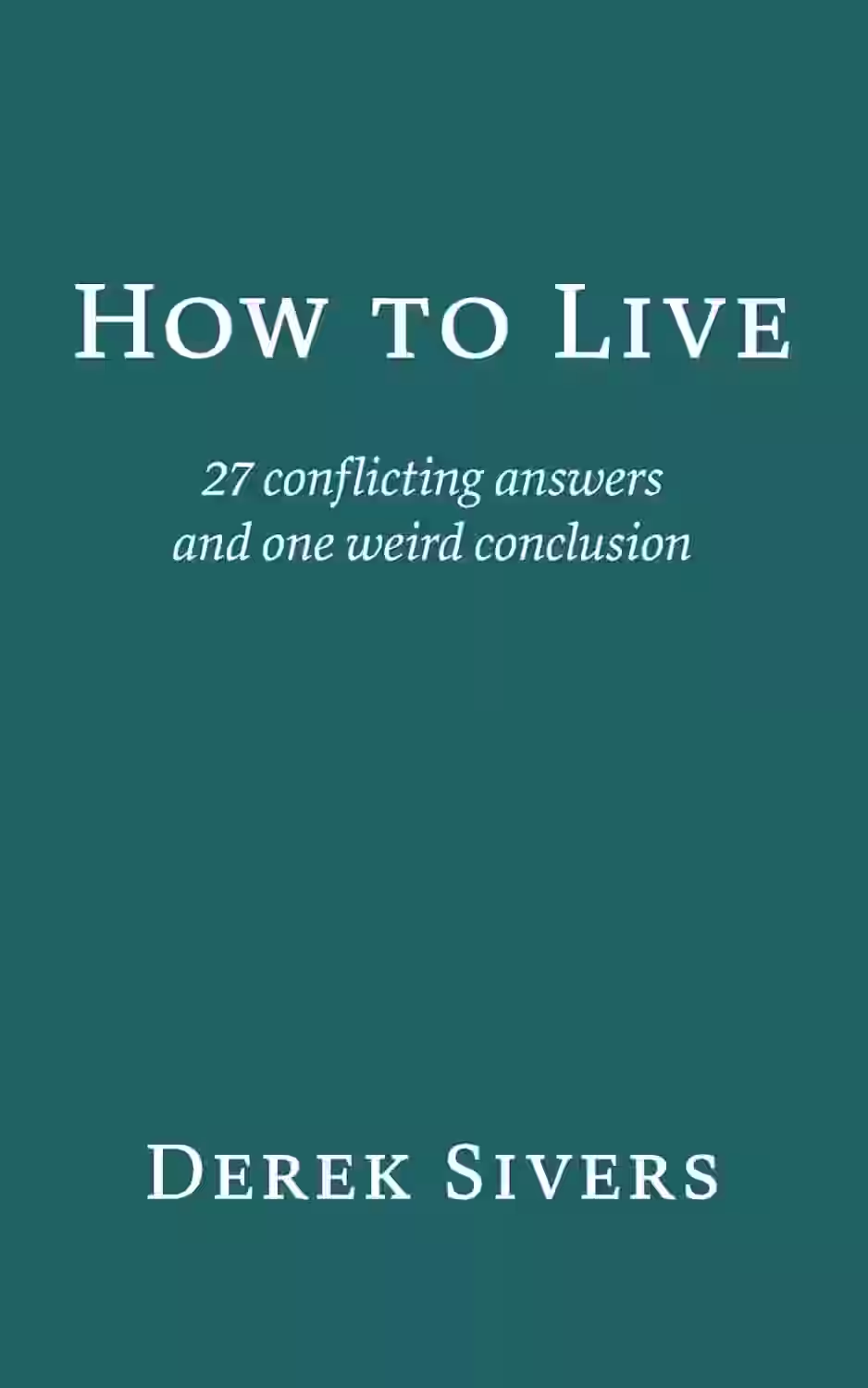
How to Live
by Derek Sivers
In How to Live, Derek Sivers offers 27 radically different philosophies for living a meaningful life—each chapter presenting a distinct worldview with confidence and conviction. From “Be independent” to “Commit fully,” the book explores contradictory yet compelling ideas, encouraging readers to reflect on what matters most. Rather than offering a single path, Sivers embraces complexity, suggesting that the truth of how to live may lie in navigating these contradictions. Written in his signature minimalist, thought-provoking style, How to Live is part philosophy, part self-inquiry, and part creative manifesto—ideal for readers seeking clarity, flexibility, and personal growth.
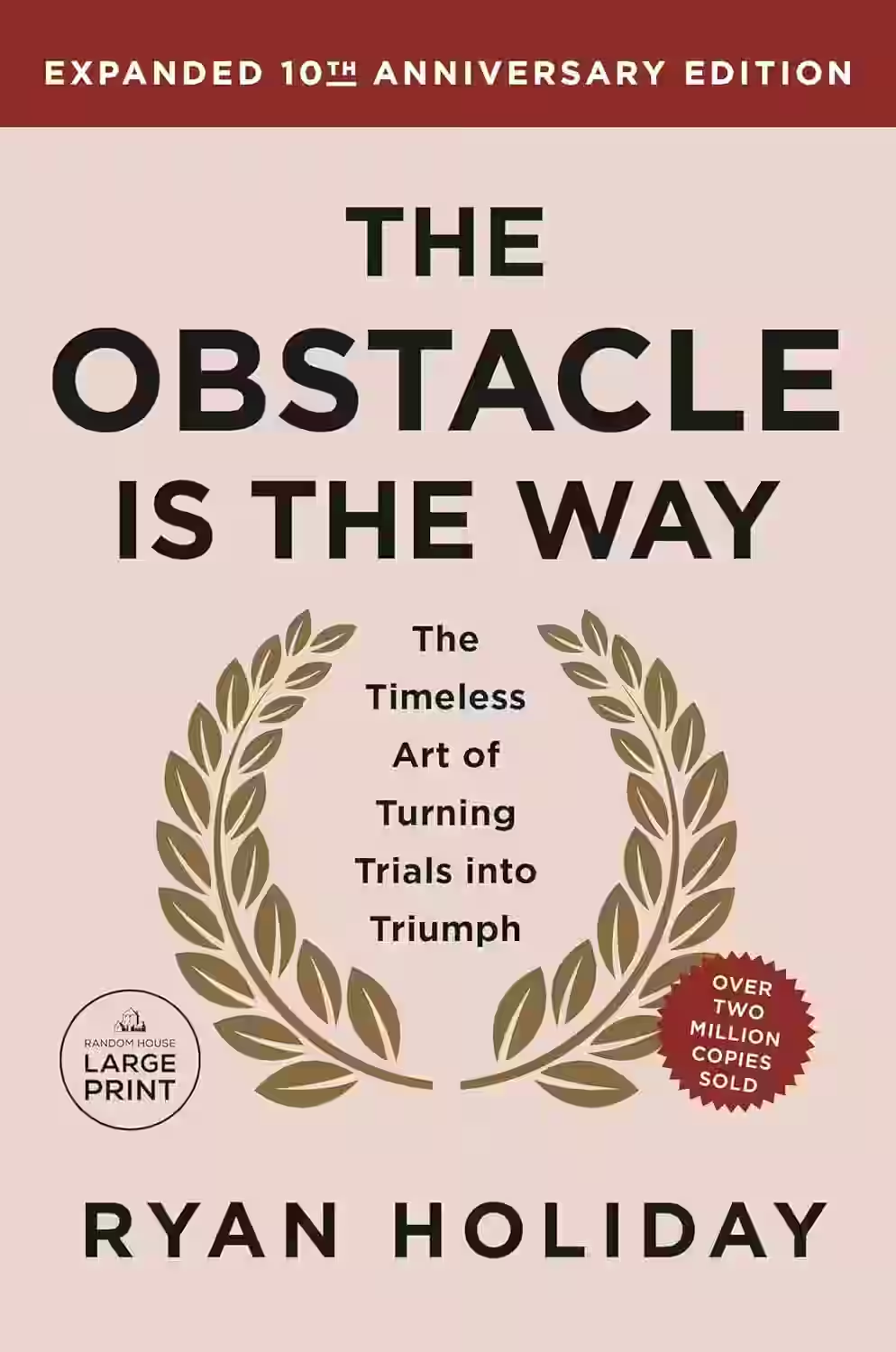
The Obstacle Is the Way
by Ryan Holiday
Based on the principles of Stoic philosophy, The Obstacle Is the Way teaches readers to transform adversity into advantage. Drawing from historical examples—from Marcus Aurelius to modern leaders—Holiday outlines a framework of perception, action, and will. His central idea: challenges are not obstacles to success, but the path itself. Through discipline, patience, and perspective, setbacks become fuel for growth. Written in a clear, concise style, the book is both motivational and practical. It has gained a wide following among athletes, entrepreneurs, and creatives seeking mental resilience and focus in the face of hardship.
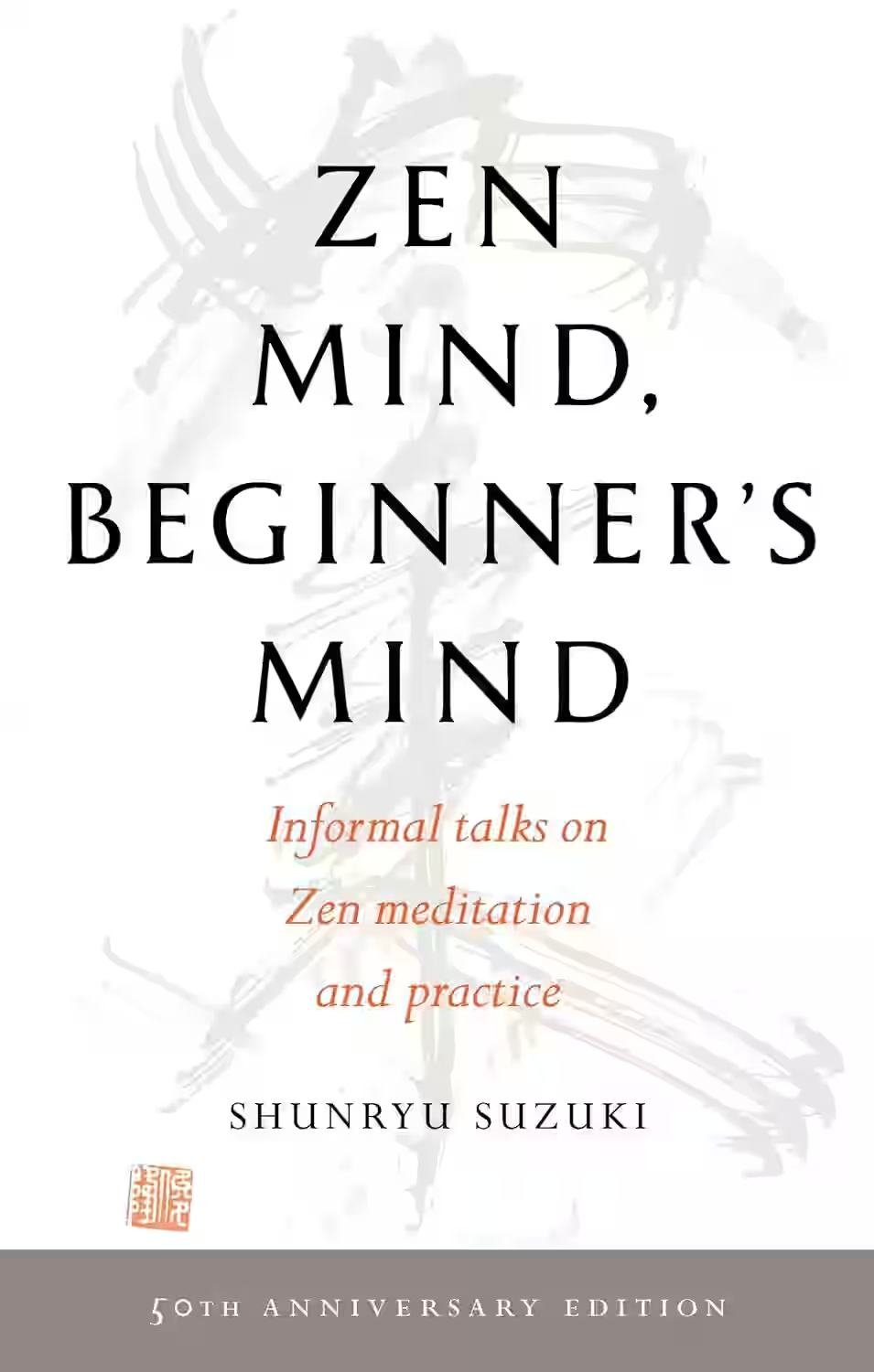
Zen Mind, Beginner’s Mind
This beloved introduction to Zen philosophy encourages readers to approach life with the openness of a beginner’s mind. Shunryu Suzuki, a Japanese Zen master, emphasizes simplicity, discipline, and non-attachment in meditation and daily living. Through short teachings and anecdotes, he explores concepts like breath awareness, mindfulness, and presence. The book’s core message is that spiritual depth arises not from mastering techniques, but from cultivating curiosity and acceptance in each moment. Revered for its clarity and poetic resonance, it has become a timeless guide for practitioners of Zen and anyone seeking peace, mindfulness, and a return to the present.
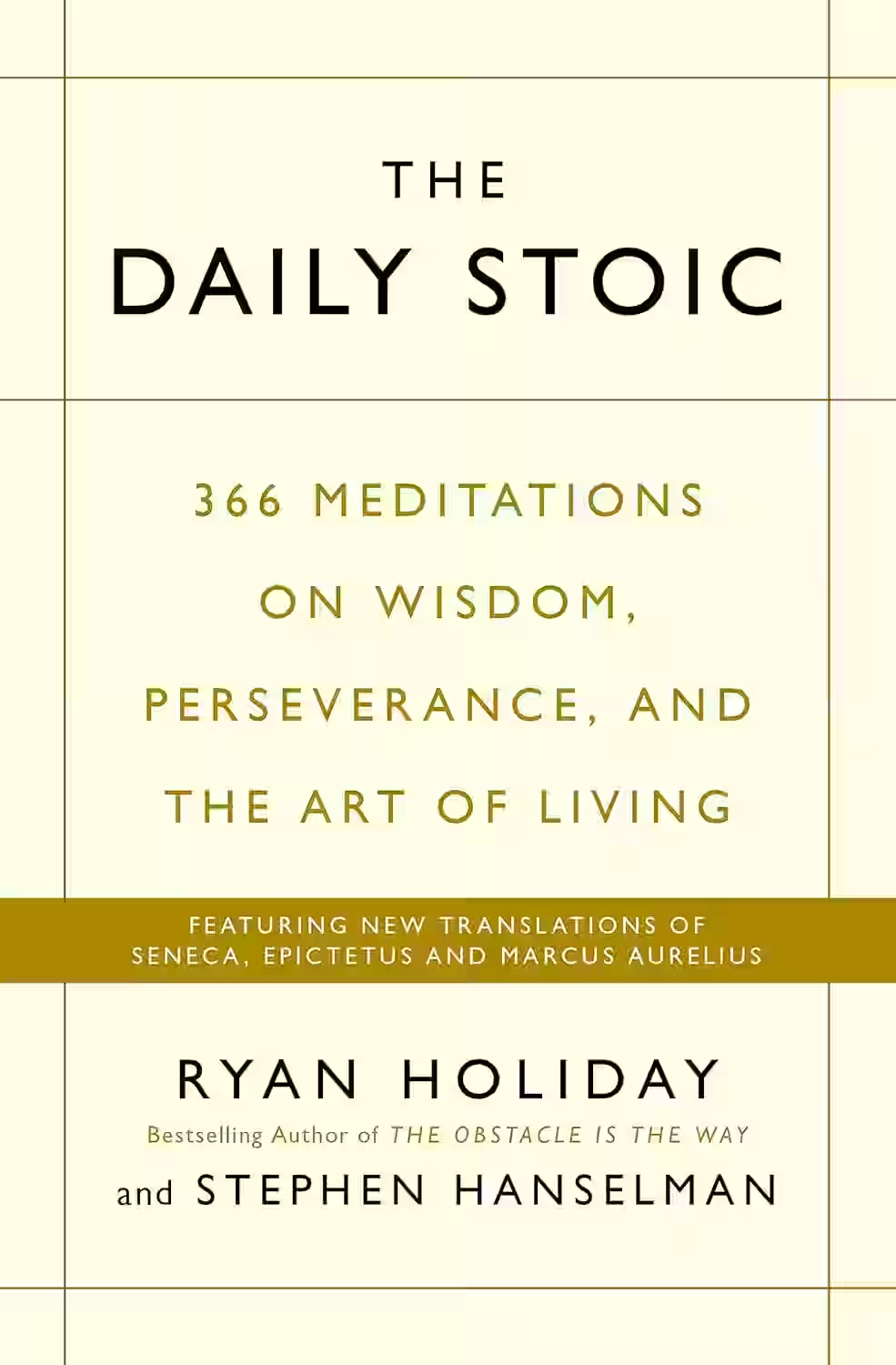
Daily Stoic
by Ryan Holiday
In 'Daily Stoic', Ryan Holiday offers a year-long journey into the wisdom of Stoicism, presenting readers with a daily meditation on topics like perseverance, self-control, and resilience. Each page provides insightful quotes from Stoic philosophers such as Epictetus and Seneca, coupled with Holiday's modern interpretations and actionable advice. The book encourages readers to reflect on timeless principles and apply them to their daily lives, fostering a mindset of clarity and purpose. 'Daily Stoic' serves as a practical guide for personal growth and philosophical introspection, making ancient wisdom accessible and relevant in the contemporary world.